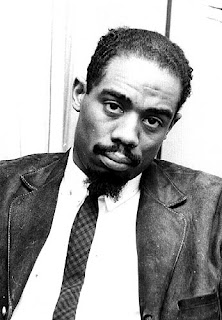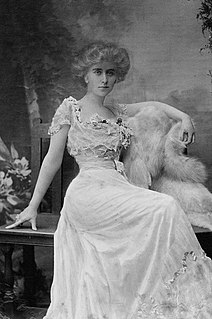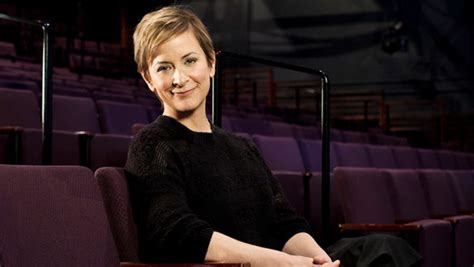A Quote by Delilah
After we air the call, it's gone. I always thought, 'What a waste.' That's such a powerful story, and there's no way to revisit it or share it.
Related Quotes
I wouldn't have thought that the techniques of story-telling, which is what the novel is after all, can vary much because there are two things involved.There's a story and there's a listener, whose attention you have to keep. Now the only way in which you can keep a reader's attention to a story is in his wanting to know what is going to happen next. This puts a fairly close restriction on the method you must use.
Perhaps a reign of powerful women is necessary to make, or unmake when need be, powerful men. Women would not waste so readily and uselessly the lives they had such care and pain in bearing. Why should they submit to the massacre of the innocent, one generation after another ... and allow them to be brought up as live-stock for the inevitable killing?
And of the Witch? In the life of a Witch, there is no "after", in the "ever after" of a Witch there is no "happily"; in the story of a Witch, there is no afterword. Of that part that is beyond the life story, beyond the story of the life, there is-alas, or perhaps thank mercy-no telling. She was dead, dead, and gone, and all that was left of her was the carapace of her reputation for malice.
Every story is flawed, every story is subject to change. Even after it is set down to print, between covers of a book, a story is not immune to alteration. People can go on telling it in their own way, remembering it the way they want. And in each telling the ending may change, or even the beginning. Inevitably, in some cases it will be worse, and in others it just might be better. A story, after all, does not only belong to the one who is telling it. It belongs, in equal measure, to the one who is listening.




































